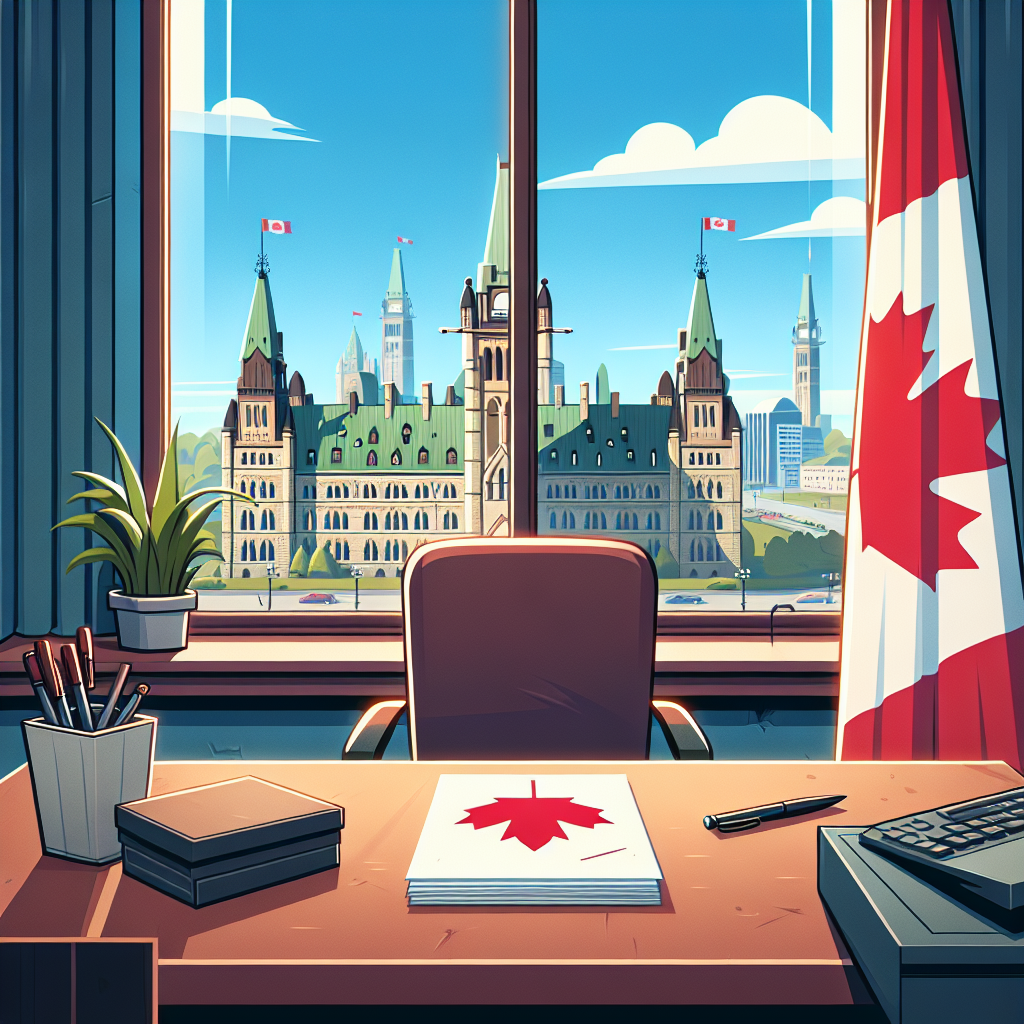Chrystia Freeland, Canada’s finance minister and deputy prime minister, resigned on Monday, causing upheaval for Prime Minister Justin Trudeau and his minority government as they grapple with declining popularity. Freeland cited disagreements with Trudeau over how to respond to Donald Trump’s protectionist policies, particularly his threat to impose tariffs on Canadian imports. She believed that Canada should push back against Trump’s “America first” ideology, while Trudeau sought to take a different approach.
Freeland’s departure comes at a critical time for Trudeau, as his government faces mounting challenges. She had been scheduled to announce the country’s economic outlook, but her replacement, Dominic LeBlanc, was sworn in on Monday. Tensions had been escalating between Trudeau and Freeland since the government announced tax exemptions and cash payments to boost voter confidence, a move that Freeland opposed due to its potential cost.
Trudeau’s leadership has been under scrutiny, with calls for his resignation mounting as his party trails in the polls. The Conservative opposition leader, Pierre Poilievre, has criticized the government’s handling of the situation, calling for an election to address the chaos and division. Meanwhile, Jagmeet Singh, leader of the New Democratic party, has also called for Trudeau to step down.
Canada’s economy is facing challenges, including rising unemployment and low growth, exacerbated by Trump’s threats of tariffs on Canadian exports. Freeland’s exit signals a lack of confidence in Trudeau’s government among senior ministers, with speculation that former Bank of England governor Mark Carney could potentially replace her. The rift between Trudeau and Freeland has raised concerns about the government’s ability to effectively navigate the current economic climate.
The possibility of a snap election looms, with experts suggesting that it could be called after Christmas to provide a mandate for dealing with Trump’s trade policies. The need for a strong and unified government to address these challenges is crucial, as Canada navigates uncertain economic waters in the face of external pressures.

